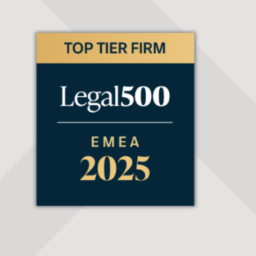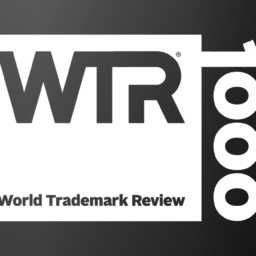Marek Oleksyn discusses the pitfalls and penalties for FMCG businesses engaging in greenwashing. The article has been published by Intellectual Property Magazine
“Informing people about products, and advertising those products, has always triggered a lively discussion, and provided interesting cases related to accuracy and truthfulness, as well as the limits of “permitted exaggeration” in advertising.
This issue is interesting not only from the perspective of fair-market practices and fair competition, but also the statutory requirements envisaged for trademarks.
Currently, this issue is more urgent considering the ever-growing need to meet stringent environmental and ecological requirements in businesses and clients’ quests for a sustainable and resource-efficient strategy adopted by businesses.
Consumers are more often “tempted” by messages about businesses’ ecological, pro-environmental or sustainable approaches. Sellers’ information and advertising strategies in this regard seem to be getting more sophisticated.
Not only might broad trade slogans, such as “eco-friendly”, “100% natural”, or “100% recyclable”, trigger consumers’ doubts but also more veiled or even insidious claims such as “XXX free”, where the use of the “XXX” substance is already prohibited by law, prompt suspicion.
In this article, the “greenwashing” practice in the FMCG sector is discussed from the perspective of the EU and Polish rules on informing people about and the advertising of products and trademark regulations.”
Complete article available here















